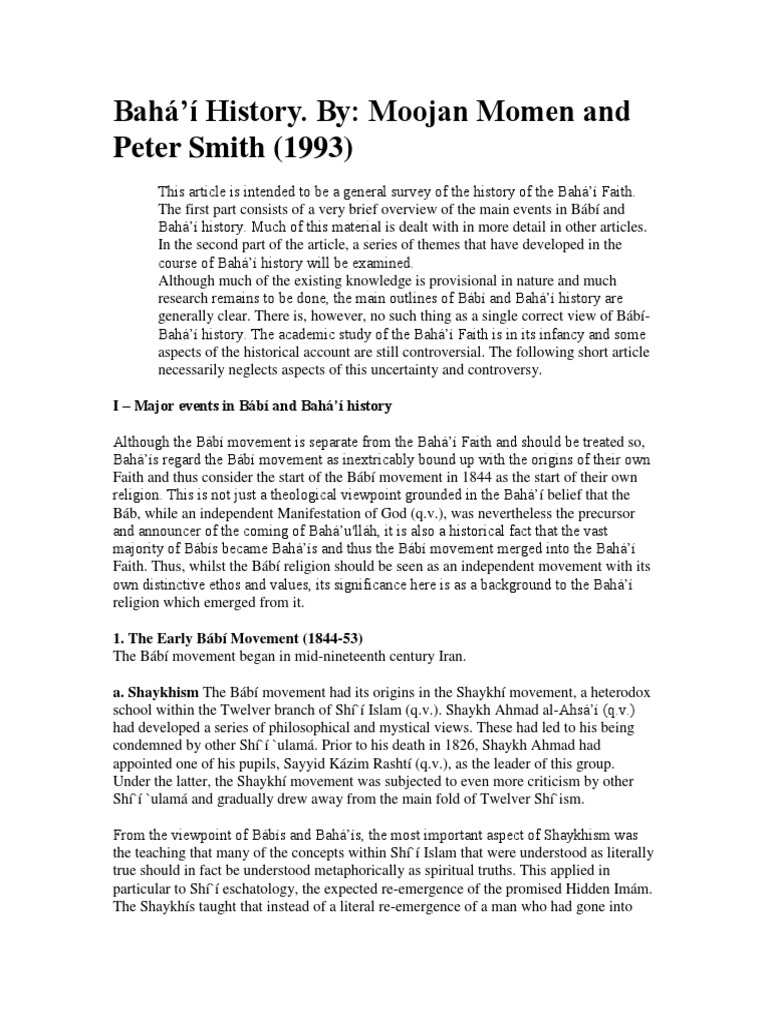The narrative of the Baha’i teachings is imbued with a profound sense of community, love, and the quest for truth. What would compel a Baha’i individual to embark on the ambitious journey of establishing an online radio station? This endeavor, while ostensibly simple, encapsulates layers of complexity and aspiration. Anyone who has ever contemplated such a venture must consider not just the practical implications, but also the spiritual tenets that underpin the Baha’i Faith. This article delineates the motivations, challenges, and outcomes associated with the creation of an online radio station within the Baha’i context.
The Baha’i Faith encourages the dissemination of knowledge and the promotion of unity among diverse groups. Establishing an online radio station serves as an innovative medium through which Baha’i teachings can be broadcast to a worldwide audience. This potential for global outreach aligns seamlessly with the Baha’i principle of universal education. But the question remains: can digital media effectively convey the rich nuances of Baha’i doctrine, or does it risk diluting the profundity of these beliefs?
First and foremost, the decision to create an online radio station often stems from a desire for enhanced accessibility to Baha’i teachings. In today’s digital age, media consumption is increasingly shifting online, rendering traditional means of communication insufficient. Baha’is are urged to engage with the wider world, promoting spiritual discourse while remaining rooted in their beliefs. An online radio station allows for this engagement, reaching individuals who may not have immediate access to Baha’i communities or resources—individuals who are hungry for understanding and connection.
However, the establishment of such a platform is not without its trials. One must grapple with the technological aspects—knowledge of broadcasting equipment, software for content management, and platforms for streaming. Yet even more daunting is the task of content curation. How does one create programming that resonates with both the foundational principles of the Baha’i Faith and the diverse interests of the audience? The challenge lies in striking a balance between educational content and engaging dialogue that captivates listeners.
Another significant aspect to consider is censorship and the politics of information dissemination. The Baha’i Faith has a unique history marked by persecution and suppression. How can a radio station navigate these treacherous waters whilst maintaining fidelity to Baha’i teachings? Transparency is paramount, as is the commitment to justice and truth. In light of this, programming must embrace a diverse array of topics—from discussions on social justice to explorations of arts and culture, all while ensuring that it does not inadvertently alienate listeners with varying beliefs.
Therein lies another layer of complexity: fostering community dialogue. An online radio station provides a platform for open discourse, yet it should also serve as a safe space for exploration. How do hosts facilitate conversations that reflect the inclusivity championed by the Faith? Organizing interviews with thought leaders and fellow Baha’is is one approach; another might involve listener call-in segments where diverse perspectives are welcomed and valued. The transformative potential of these shared exchanges could not only enlighten the audience, but also enrich the Baha’i community itself.
Moreover, as a counterbalance to potential challenges, the online radio station may evoke opportunities for collaborative projects among Baha’is. In many instances, modern challenges are best met collectively. The act of producing content can serve as a rallying point for community engagement. Baha’is from differing backgrounds can come together to contribute their voices—a testament to the community’s commitment to unity in diversity. This synergy can further inspire innovative programming, transform personal experiences into enlightening narratives, and ultimately strengthen communal ties.
Equally as vital is the need to infuse the programming with the essence of Baha’i teachings. While the station may address contemporary issues, it must also reflect the timeless wisdom embedded in the writings of Baha’u’llah and Abdu’l-Baha. Regular segments on the principles of oneness, the importance of service, and the significance of individual transformation can serve to root the station’s identity in its spiritual mission. How can the profound teachings of the Baha’i Faith resonate with modern listeners who may be skeptical or uninformed?
Certainly, the journey of establishing an online radio station is rife with uncertainties and challenges. Yet it provides an invaluable opportunity for reinterpreting age-old questions and engaging new generations in spiritual dialogue. Encouraging younger Baha’is to be involved in production not only empowers them but also nurtures a sense of ownership within the community. Can today’s youth rise to the occasion and help steward the teachings of their faith through innovative platforms?
In conclusion, while setting up an online radio station may present numerous hurdles, it also stands as a beacon of possibility—a space for dialogue, education, and community building. Through the lens of Baha’i teachings, this venture embodies a commitment to unity, the power of collective action, and the unwavering pursuit of knowledge. Let us ponder the inquiries posed throughout this discourse, recognizing that the path ahead, though fraught with challenges, paves the way for profound transformation and collective growth. To create is to participate in the sacred act of service—a calling that transcends the limitations of our immediate surroundings, extending a hand to the very fabric of humanity.
